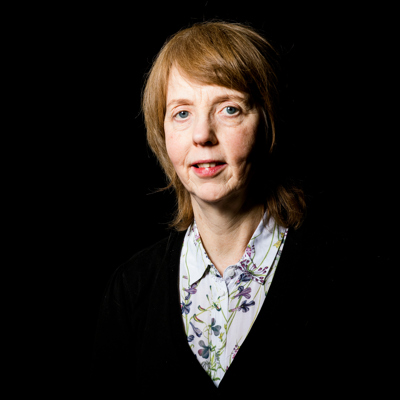Nuremburg Trials Remembered
In a year which has seen many anniversaries, Gillian Mawdsley, Policy Executive at the Society, marks the 75th anniversary on Friday, 20 November, of the start of the Nuremburg War Trials that commenced in 1945.
Most are aware of the first and major trial which has been arguably described as the greatest trial of the 20th century. The prosecution included the senior and surviving members of the Nazi regime. Such infamous names involved on trial had indicted Reichsmarschall Göring, Rudolf Hess, Hitler’s deputy from his crashed flight to Scotland, Grand Admiral Doenitz and Hans Frank, Governor General of Poland, who was himself a lawyer.
However, it should not be forgotten that the Nuremburg trials comprised a series of trials. This went onto include trials of lawyers and doctors, prosecuted for their involvement and complicity in promulgating the Nazi policies and the Holocaust. The “judges” trial involved 16 German jurists and lawyers who were subsequently in the main convicted but not sentenced to death. A number had been officials of the Reich Ministry of Justice, though the most notorious judge of the People’s Court, Judge-President Roland Freisler, was dead, killed earlier in 1945 in a bombing raid. The charges on which they appeared held them responsible for implementing and furthering the Nazi "racial purity" policies through the eugenic and racial laws.
Nuremburg Trial
The first Nuremburg trial which marked a milestone in international law lasted nearly a year concluding on 1 October 1946. It was conducted by the International Military Tribunal and comprised a panel of four judges from the United States, Soviet Union, France and Great Britain. Britain’s Lord Justice Geoffrey Lawrence presided. Of the 24 tried, 12 were sentenced to death, three were acquitted and the others given custodial sentences.
Imagine the scene as the Lead Prosecutor Justice Robert Jackson opened with:
“The privilege of opening the first trial in history for crimes against the peace of the world imposes a grave responsibility. The wrongs which we seek to condemn and punish have been so calculated, so malignant, and so devastating, that civilization cannot tolerate their being ignored, because it cannot survive their being repeated. That four great nations, flushed with victory and stung with injury stay the hand of vengeance and voluntarily submit their captive enemies to the judgment of the law is one of the most significant tributes that Power has ever paid to Reason.”
Though familiar now we are familiar with long-running trials with large list of witnesses and testimonial evidence, interestingly at Nuremburg, there were only thirty-three witnesses called for the prosecution and sixty-one for the defendants. By the time that the Nuremberg trial began, the Allied Military Command had had full access to the German archives, with the reports of several national commissions that had heard approximately 55,000 live witnesses. This evidence included photograph films and eyewitness accounts by survivors. This is best summed up by Robert Jackson that “ we will not ask you to convict these men on the testimony of their foes. There is no count in the indictment that cannot be provided by books and records. …you will see their own conduct and hear their own voices as the defendants re-enact for you some of the event in the course of the conspiracy.”
Why should we remember the Nuremburg war trials?
There are a number of reasons for remembering the Nuremburg trials.
They marked the first prosecutions for crimes against humanity which included murder, enslavement or deportation of civilians or persecution on political, religious or racial grounds. There were problems with the original indictment as many of the atrocities had been perpetrated before the war began in 1939. The Tribunal considered that there was not a sufficient link to allow such crimes to be tried, restricting the indictment to post 1939 incidents.
It marked the introduction of simultaneous translation. The development of a new translation system had been developed by IBM which allowed everyone at the trial to listen through headsets to “real-time” translations of the proceedings. It was said that the simultaneous translation system had allowed the trial to be conducted four times faster than if consecutive translation was used.
The development of the concept of genocide which is credited to Raphael Lemkin, a Jewish Professor of Law who was himself a survivor of the persecution. It described the Nazis’ “final solution” with its systemic planned extermination of Jewish people. It was “a coordinated plan of different actions aimed at the destruction of essential foundations of the life of national groups, with the aim of annihilating the groups themselves.”
In conclusion, Nuremburg was to form a precedent for the subsequent prosecution of war crimes in Japan and led to the establishment of the United Nations Genocide Convention and Universal Declaration of Human Rights in 1948 as well as the Geneva Convention on the Laws and Customs of War
It formed the roots of the International Criminal Court (ICC) which sits today are found in the Nuremburg war trials. It investigates and tries persons charged with these serious international crimes of genocide, war crimes, crimes against humanity and the crime of aggression. It recognises that “international justice can contribute to long‐term peace, stability and equitable development in post‐conflict societies.”
By remembering Nuremburg now, it is not vengeance, it is about learning the lessons from our history.

